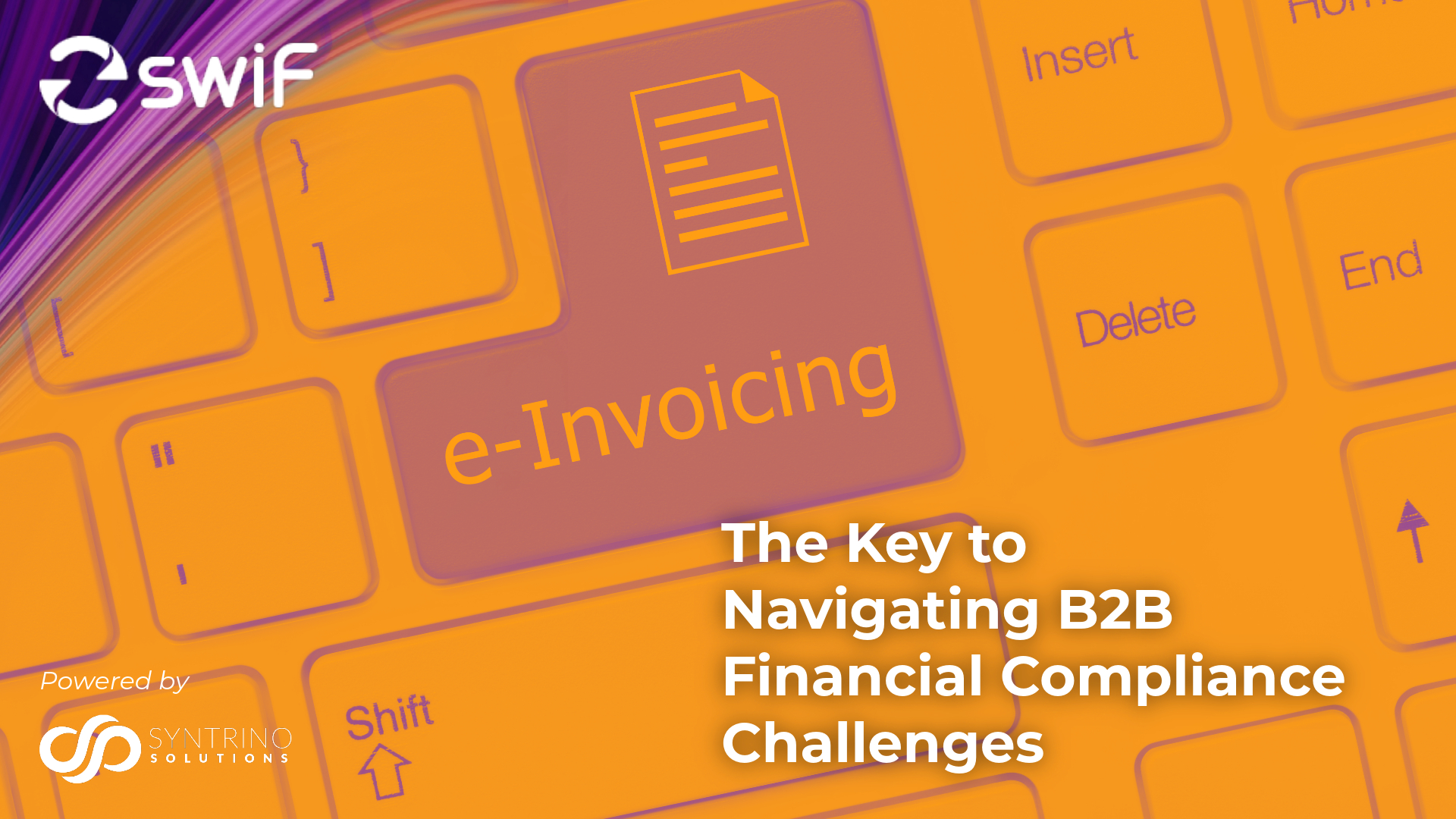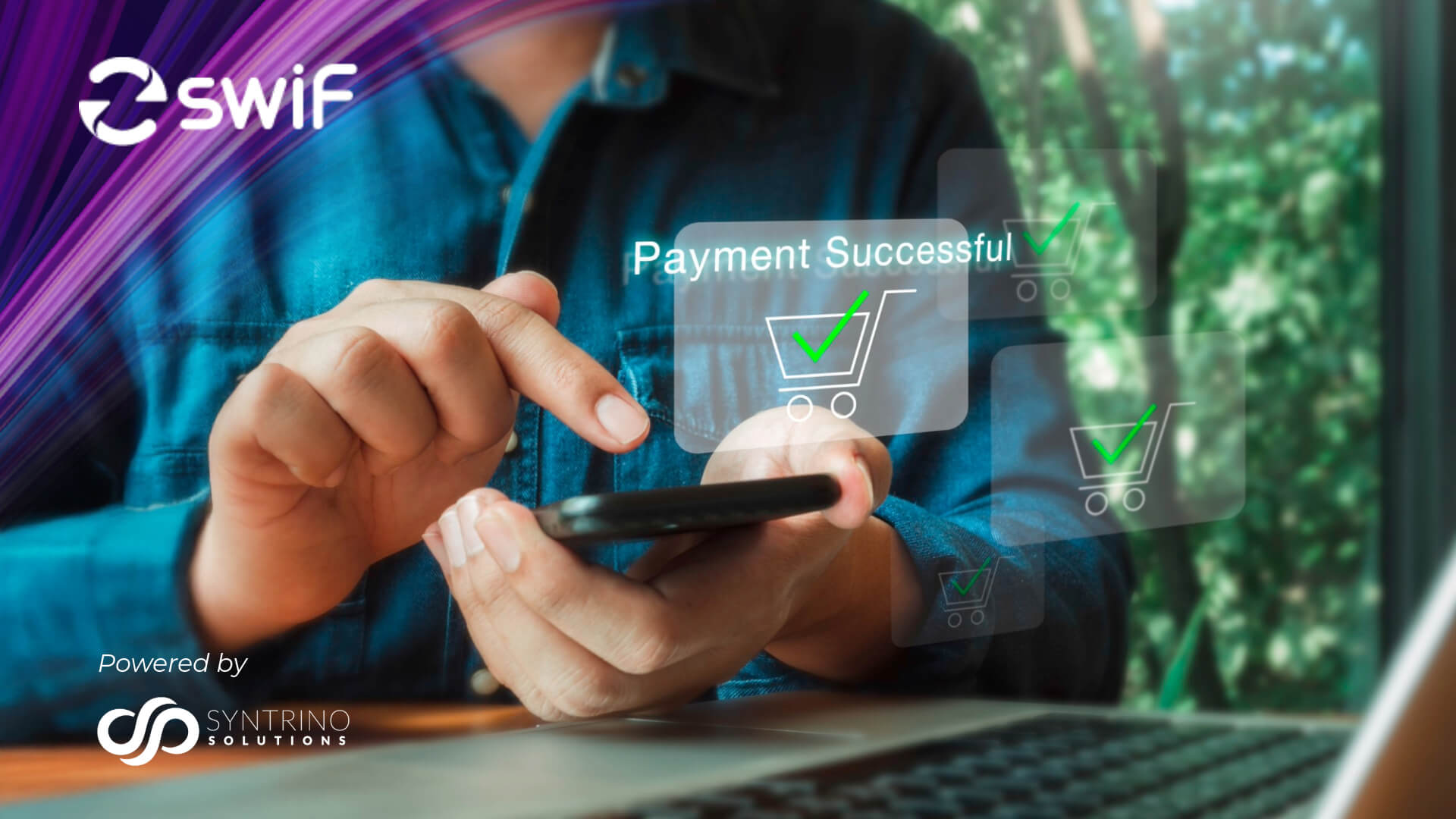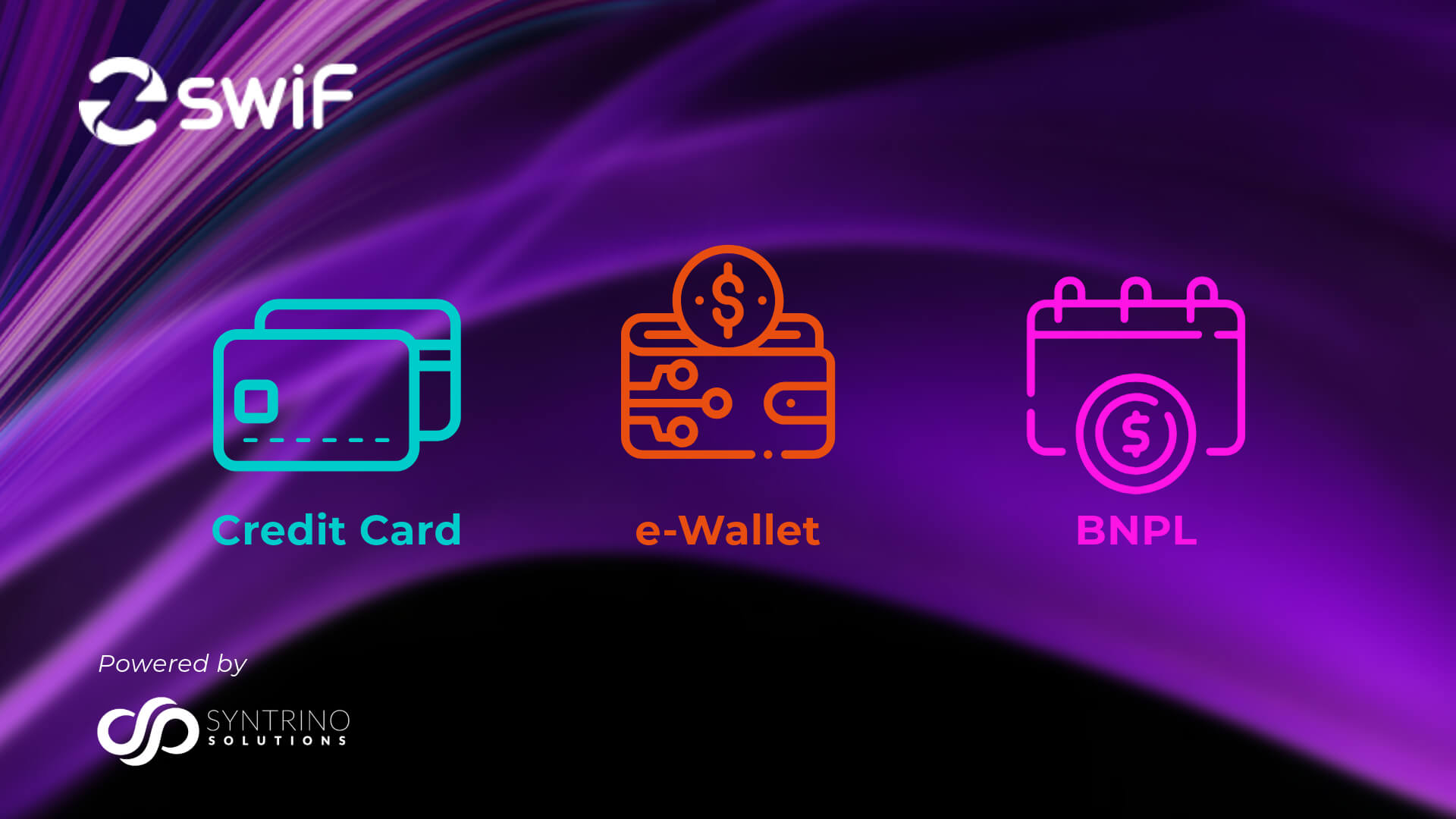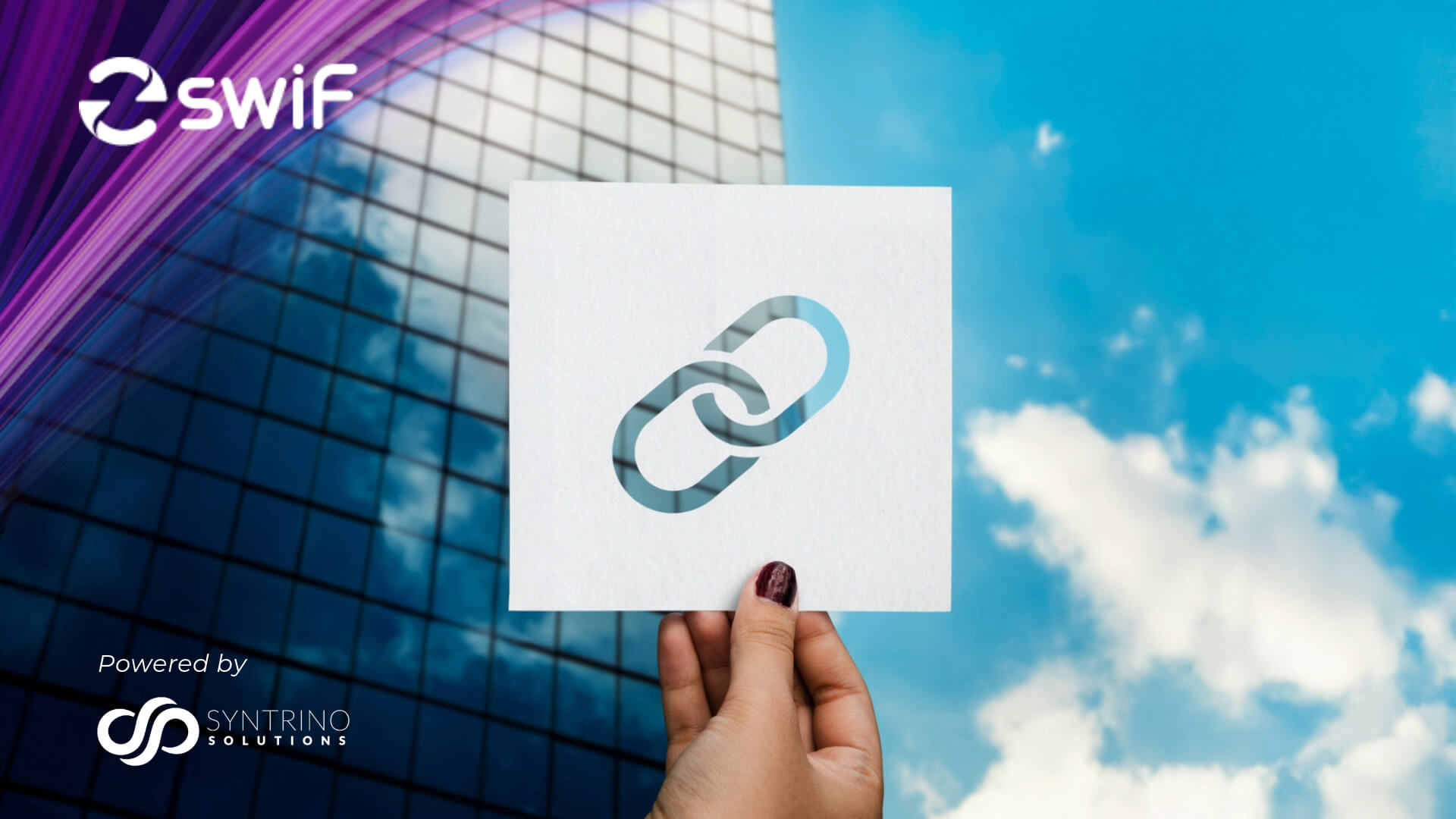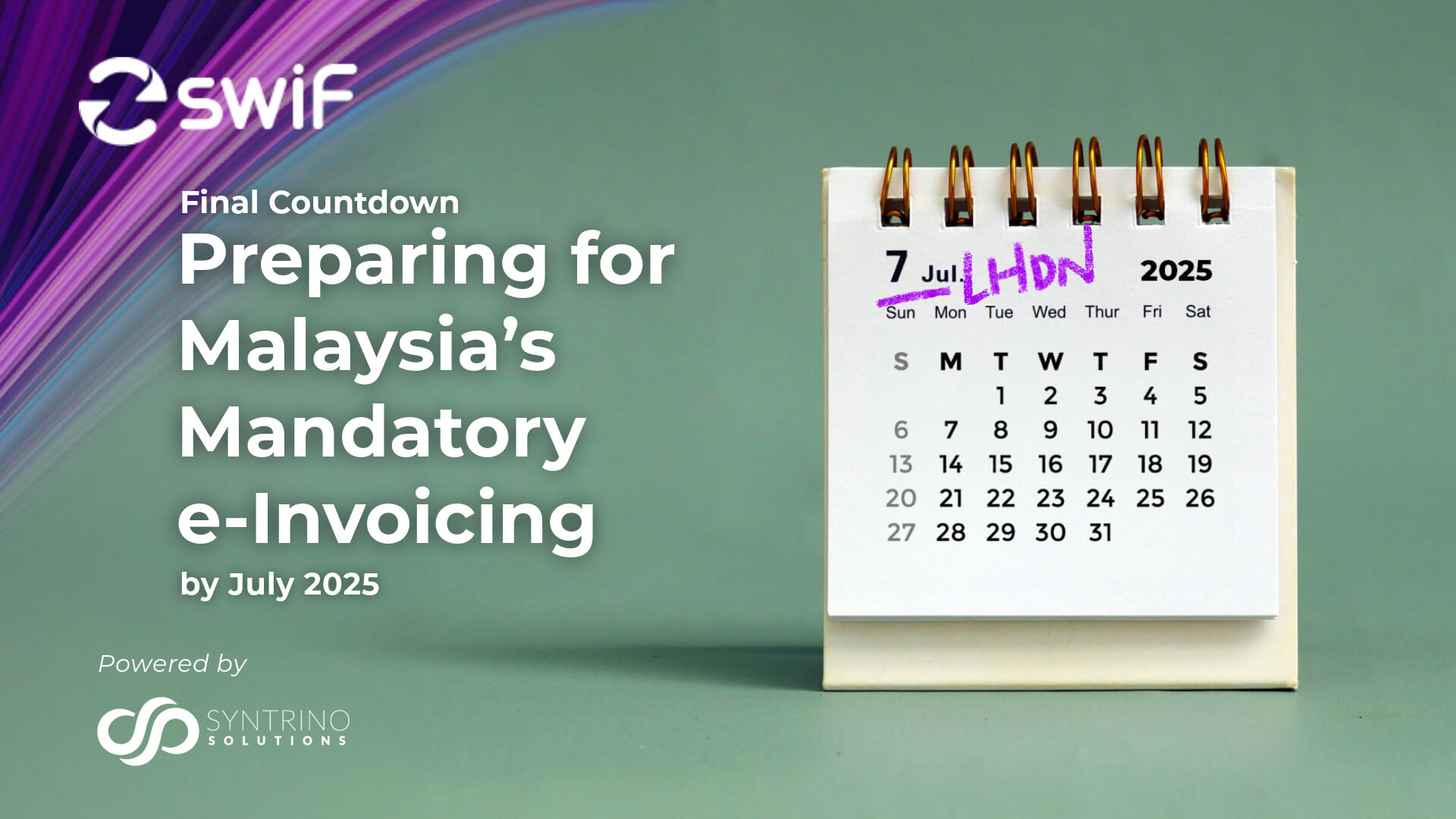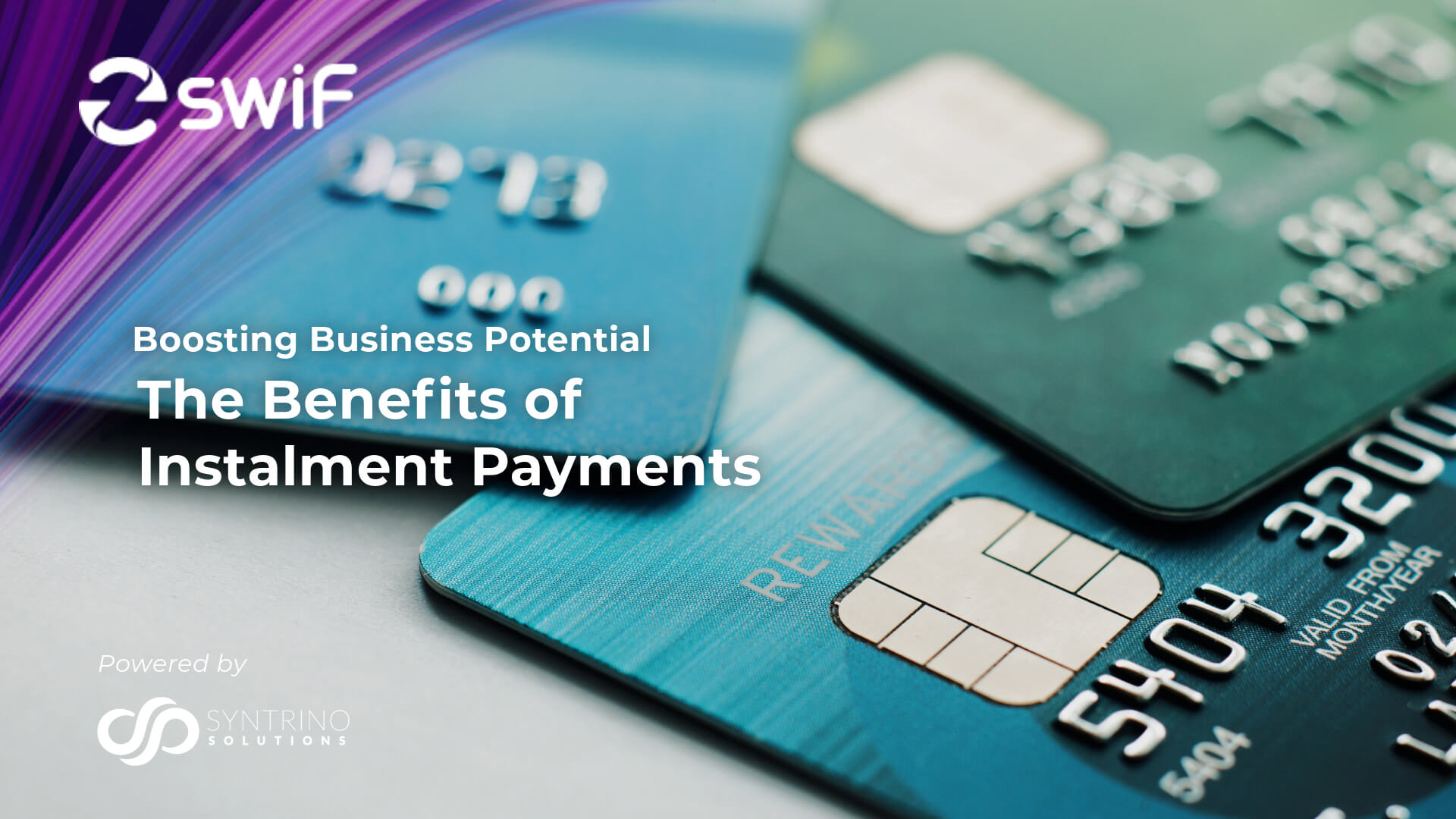In the world of business-to-business (B2B) transactions, financial compliance plays a crucial role in ensuring fair and transparent practices. Compliance regulations are put in place to protect businesses, consumers, and the overall economy. These regulations govern various aspects of financial transactions, including invoicing, taxation, and record-keeping. Understanding and adhering to these regulations is essential for businesses to maintain their integrity and avoid legal and financial repercussions.
Understanding the Importance of Compliance Regulations
Compliance regulations are designed to promote fairness, transparency, and accountability in B2B transactions. They aim to prevent fraudulent activities, money laundering, tax evasion, and other financial crimes. By enforcing compliance regulations, governments and regulatory bodies ensure a level playing field for businesses and protect the interests of all stakeholders involved.
Failure to comply with these regulations can result in severe consequences, such as hefty fines, reputational damage, and even criminal charges. Additionally, non-compliant businesses may face difficulties in securing partnerships, attracting investors, and expanding into new markets.
The Challenges of Traditional Invoicing in Compliance
Traditional invoicing methods often pose challenges when it comes to compliance. Paper-based invoices are prone to errors, tampering, and loss, making it difficult to maintain accurate records. Manual processes also increase the risk of human error, leading to incorrect calculations, missing information, and delayed payments.
Moreover, traditional invoicing lacks real-time visibility, making it challenging for businesses to track and monitor their financial transactions. This lack of transparency can hinder compliance efforts, expose businesses to potential risks, and impede the detection of fraudulent activities.
The Rise of e-Invoicing and Its Impact on Compliance
E-invoicing has emerged as a game-changer in the realm of B2B financial compliance. By leveraging digital technologies, e-invoicing automates the invoicing process, eliminating the need for paper-based documents and manual data entry. This automation minimises errors, ensures data accuracy, and enhances the efficiency of financial transactions.
One of the key advantages of e-invoicing is its ability to provide real-time visibility into financial transactions. With e-invoicing, businesses can access up-to-date information about their invoices, payments, and cash flow. This real-time visibility enables businesses to monitor compliance with greater accuracy, identify potential issues promptly, and take proactive measures to address them.
Benefits of e-Invoicing in Real-time Compliance
The adoption of e-invoicing brings several benefits in terms of real-time compliance. Firstly, e-invoicing facilitates the automatic validation of invoices against compliance regulations. Through intelligent algorithms, e-invoicing systems can flag potential errors, inconsistencies, or non-compliant elements in an invoice. This automated validation helps businesses ensure that their invoices adhere to the necessary compliance standards before they are sent to clients or partners.
Secondly, e-invoicing enables businesses to maintain a complete and auditable trail of their financial transactions. Every step of the invoicing process, from creation to payment, is digitally recorded and timestamped. This comprehensive audit trail serves as evidence of compliance and can be easily accessed and presented to regulatory bodies, auditors, or tax authorities when required.
Lastly, e-invoicing enhances the accuracy and efficiency of tax reporting and audit preparations. With real-time access to financial data, businesses can generate accurate tax reports, track deductions, and calculate taxes owed more efficiently. This reduces the risk of errors in tax reporting and simplifies the auditing process, saving time and resources for businesses.
How e-Invoicing is Revolutionising the Game in B2B Financial Compliance
E-invoicing is revolutionising the game in B2B financial compliance by streamlining processes and improving compliance outcomes. With automated data validation, real-time visibility, and comprehensive audit trails, businesses can navigate compliance regulations more effectively and mitigate compliance-related risks.
Additionally, e-invoicing enables businesses to stay ahead of evolving compliance regulations.
As regulations change and new requirements emerge, e-invoicing systems can be easily updated to accommodate these changes. This flexibility ensures that businesses can adapt to regulatory changes quickly and maintain their compliance effortlessly.
Moreover, e-invoicing promotes collaboration and trust between businesses and their clients or partners. By providing accurate and transparent financial information, businesses can build stronger relationships based on trust and integrity. This trust is crucial in B2B transactions, as it facilitates smoother operations, faster payment processing, and increased business opportunities.
Implementing e-Invoicing in Your Business
Implementing e-invoicing in your business requires careful planning and consideration. Here are some key steps to follow:
Assess your current invoicing process: Evaluate your existing invoicing process and identify pain points, compliance challenges, and areas for improvement.
Research e-invoicing solutions: Explore different e-invoicing solutions available in the market. Consider factors such as automation capabilities, integration with existing systems, scalability, and compliance features.
Select a suitable e-invoicing solution: Choose an e-invoicing solution that aligns with your business needs and compliance requirements. Ensure that the solution offers robust security measures to protect sensitive financial data.
Integrate e-invoicing with existing systems: Integrate the chosen e-invoicing solution with your existing financial and enterprise resource planning (ERP) systems. This integration will streamline your invoicing process and ensure seamless data flow between systems.
Train your staff: Provide comprehensive training to your employees on how to use the e-invoicing system effectively. Emphasize the importance of compliance and the role of e-invoicing in maintaining it.
Monitor and evaluate: Continuously monitor the performance of your e-invoicing system and gather feedback from your employees. Regularly assess the effectiveness of the system in improving compliance outcomes and make necessary adjustments if required.
Best Practices for Navigating B2B Financial Compliance with e-Invoicing

To maximise the benefits of e-invoicing in B2B financial compliance, consider the following best practices:
Stay updated with compliance regulations:
Stay informed about the latest compliance regulations relevant to your industry and region. Regularly review and update your e-invoicing system to ensure compliance with these regulations.
Implement strong data security measures
Protecting sensitive financial data is crucial for compliance. Implement robust security measures, such as encryption, access controls, and regular data backups, to safeguard your e-invoicing system.
Perform regular compliance audits
Conduct periodic audits to assess the effectiveness of your e-invoicing system in maintaining compliance. Address any compliance gaps or issues identified during these audits promptly.
Collaborate with clients and partners
Foster open communication and collaboration with your clients and partners regarding compliance. Establish clear expectations and share compliance-related information to ensure alignment and minimize compliance-related disputes.
Conclusion : The Future of B2B Financial Compliance with e-Invoicing
E-invoicing is revolutionising the game in B2B financial compliance by automating processes, improving data accuracy, and enhancing real-time visibility. By implementing e-invoicing solutions, businesses can navigate compliance regulations more effectively, mitigate compliance-related risks, and build trust with their clients and partners. The future of B2B financial compliance lies in embracing digital transformation and leveraging technology to streamline compliance efforts. As compliance regulations continue to evolve, businesses that embrace e-invoicing will be better positioned to adapt and thrive in the ever-changing compliance landscape.
SwiF is Malaysia’s Leading-Edge B2B2C Fintech Solution.
Powered by Syntrino Solutions, Southeast Asia’s leader in supply chain management,
Whether your company has an established accounting system or not, if you’re looking to enhance compliance in your B2B2C financial transactions, consider implementing our SwiFPay Payment Gateway & e-Invoicing Plug-in solution today. Contact our team to learn how SwiF can facilitate your compliance efforts and drive your business growth.









